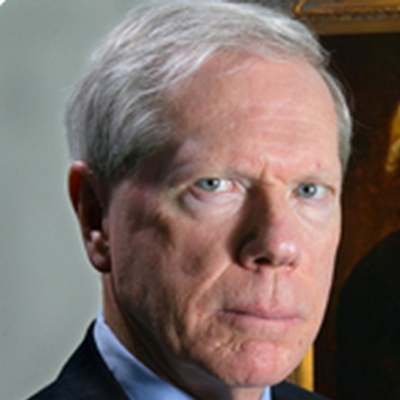by Paul Craig Roberts, Paul Craig Roberts:
 “Mr. Chairman, esteemed members of the Parliamentary Assembly of the Council of Europe, ladies and gentlemen.
“Mr. Chairman, esteemed members of the Parliamentary Assembly of the Council of Europe, ladies and gentlemen.
The transition from years of confinement in a maximum-security prison to standing here before the representatives of 46 nations and 700 million people is a profound and surreal shift.
The experience of isolation for years in a small cell is difficult to convey; it strips away one’s sense of self, leaving only the raw essence of existence.
I am not yet fully equipped to speak about what I have endured – the relentless struggle to stay alive, both physically and mentally, nor can i speak yet about the deaths by hanging, murder, and medical neglect of my fellow prisoners.
TRUTH LIVES on at https://sgtreport.tv/
I apologise in advance if my words falter or if my presentation lacks the polish you might expect in such a distinguished forum.
Isolation has taken its toll, which I am trying to unwind, and expressing myself in this setting is a challenge.
However, the gravity of this occasion and the weight of the issues at hand compel me to set aside my reservations and speak to you directly. I have traveled a long way, literally and figuratively, to be before you today.
Before our discussion or answering any questions you might have, I wish to thank PACE for its 2020 resolution (2317), [https://pace.coe.int/en/files/28508/html], which stated that my imprisonment set a dangerous precedent for journalists and noted that the UN Special Rapporteur on Torture called for my release.
I’m also grateful for PACE’s 2021 statement [https://pace.coe.int/en/news/8446/pace-general-rapporteur-expresses-se] expressing concern over credible reports that US officials discussed my assassination, again calling for my prompt release.
And I commend the Legal Affairs and Human Rights Committee for commissioning a renowned rapporteur, Sunna Ævarsdóttir, to investigate the circumstances surrounding my detention and conviction and the consequent implications for human rights.
However, like so many of the efforts made in my case – whether they were from parliamentarians, presidents, prime ministers, the Pope, UN officials and diplomats, unions, legal and medical professionals, academics, activists, or citizens – none of them should have been necessary.
None of the statements, resolutions, reports, films, articles, events, fundraisers, protests, and letters over the last 14 years should have been necessary. But all of them were necessary because without them I never would have seen the light of day.
This unprecedented global effort was needed because of the legal protections that did exist, many existed only on paper or were not effective in any remotely reasonable time frame.
I eventually chose freedom over unrealisable justice, after being detained for years and facing a 175 year sentence with no effective remedy. Justice for me is now precluded, as the US government insisted in writing into its plea agreement that I cannot file a case at the European Court of Human Rights or even a freedom of information act request over what it did to me as a result of its extradition request.
I want to be totally clear. I am not free today because the system worked. I am free today because after years of incarceration because I plead guilty to journalism. I plead guilty to seeking information from a source. I plead guilty to obtaining information from a source. And I plead guilty to informing the public what that information was. I did not plead guilty to anything else. I hope my testimony today can serve to highlight the weaknesses of the existing safeguards and to help those whose cases are less visible but who are equally vulnerable.
Read More @ PaulCraigRoberts.org



